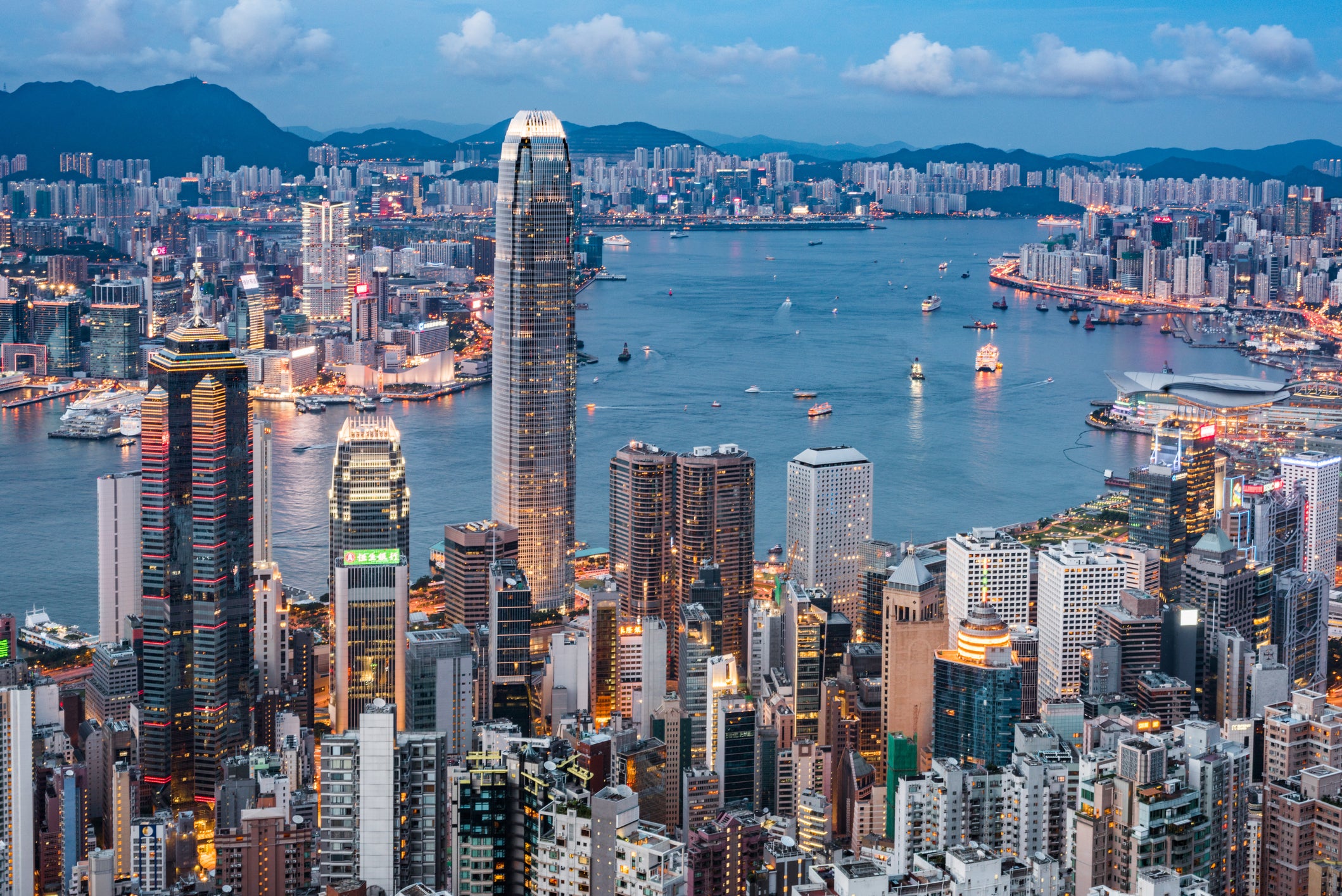Hong Kong: Democracy reconsidered after tumultuous elections
Activists swept neighbourhood-level elections in 2019, but Beijing has made it clear it has no plan to fulfill promise of universal suffrage

Your support helps us to tell the story
From reproductive rights to climate change to Big Tech, The Independent is on the ground when the story is developing. Whether it's investigating the financials of Elon Musk's pro-Trump PAC or producing our latest documentary, 'The A Word', which shines a light on the American women fighting for reproductive rights, we know how important it is to parse out the facts from the messaging.
At such a critical moment in US history, we need reporters on the ground. Your donation allows us to keep sending journalists to speak to both sides of the story.
The Independent is trusted by Americans across the entire political spectrum. And unlike many other quality news outlets, we choose not to lock Americans out of our reporting and analysis with paywalls. We believe quality journalism should be available to everyone, paid for by those who can afford it.
Your support makes all the difference.The Chinese government has upended the political landscape in Hong Kong, redefining the city’s relationship with democracy. Its plan to drastically overhaul the local electoral system by demanding absolute loyalty from candidates running for office is leaving factions across the political spectrum wondering what participation, if any, is still possible.
The changes to the voting system signal the gutting of a promise that has been central to Hong Kong since its 1997 return to Chinese control: that its residents would someday get to choose their own leaders, rather than being subject to the whims of London or Beijing. That promise is enshrined in the Basic Law, Hong Kong’s miniconstitution, which pledges that universal suffrage is the “ultimate aim.”
Beijing has now made clear that it has no plans to meet that aim — at least, not on the terms that many Hong Kongers expected. The changes are also likely to slash the number of directly elected seats in the local legislature to their lowest levels since the British colonial era, meaning the majority of lawmakers would be picked by government allies.
Read more:
UN official: Myanmar people want UN sanctions, peacekeepers
Asian women say shootings point to relentless, racist tropes
China says it will discuss climate, other issues with USAlthough officials still nod to universal suffrage, theirs is a circumscribed version. A Chinese official in Hong Kong suggested last week that establishment lawmakers chosen through small-circle elections, of the type favoured by Beijing, were equivalent to those elected by the general public.
Hong Kong’s electoral system has always been skewed in favour of the establishment, but many residents had still hoped their votes could send a message.
When activists swept neighbourhood-level elections in 2019, at the peak of huge pro-democracy protests, they held it up as proof of their popular mandate. Even after Beijing imposed a national security law last year to quash dissent, protesters prepared to contest — and thought they could win — the next legislative elections.
Then authorities arrested 53 people in January for participating in an informal primary before those elections. The elections themselves were postponed for a year, and officials say they may be delayed again.
Beijing has said the changes are meant to block candidates it deems anti-China or who have openly called for independence for Hong Kong. Hong Kong’s politicians have long described their role as juggling the demands of two masters who are often at odds: Communist Party leaders in Beijing and the people of Hong Kong. But Beijing has increasingly insisted that its will come first, a mandate crystallized in the new election rules, which allow only “patriots” to hold office.
The New York Times
Join our commenting forum
Join thought-provoking conversations, follow other Independent readers and see their replies
Comments